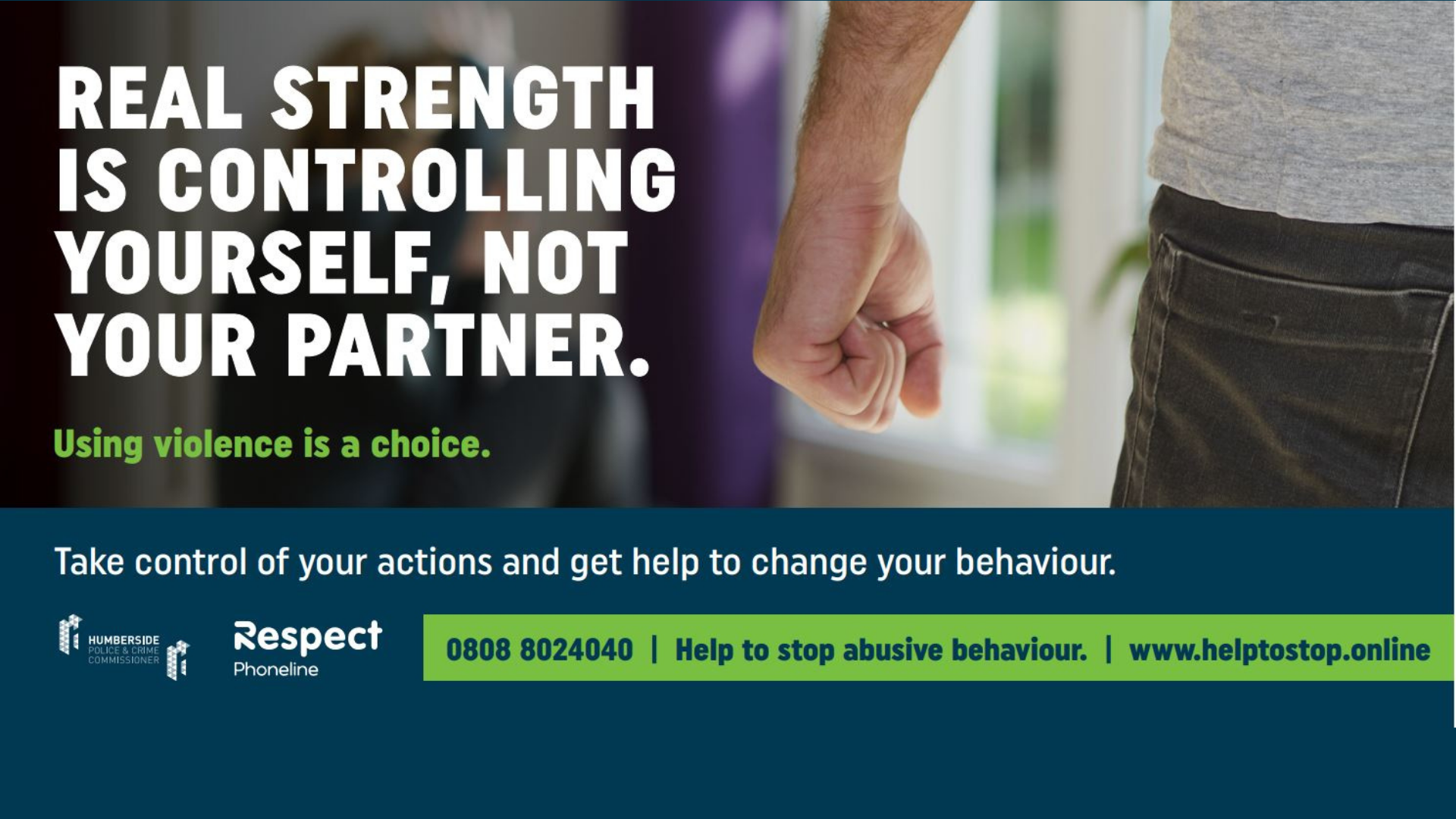If you’re reading this, you’re probably worried about some of your behaviours in relationships and you want to take steps to change them.

Help and support is available for you and it's okay to ask for it.
Are you worried that your partner, children or ex-partner are scared of you at times?
Are you worried about how you behave in your relationships?

Help and support is available for you and it's okay to ask for it.